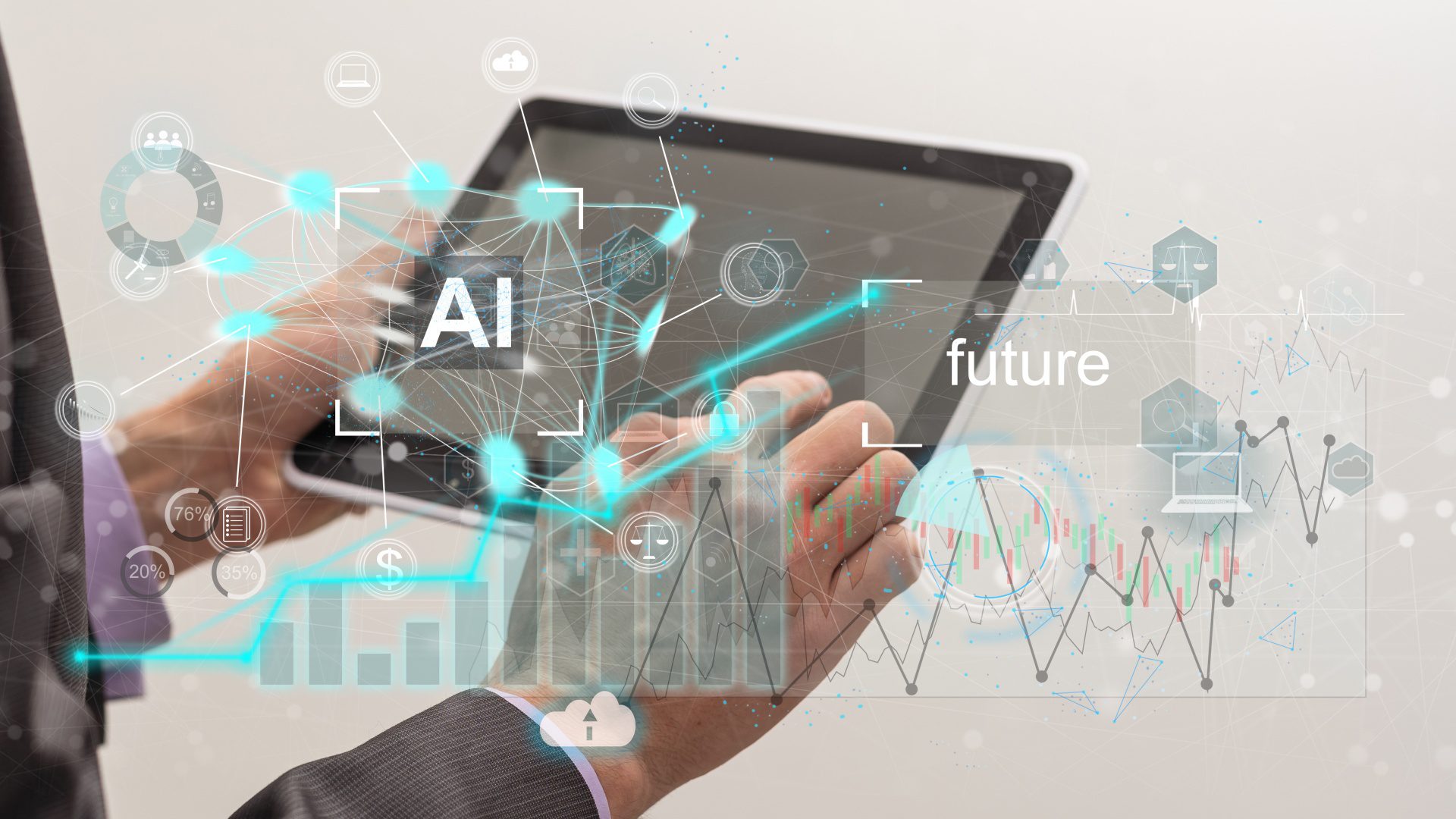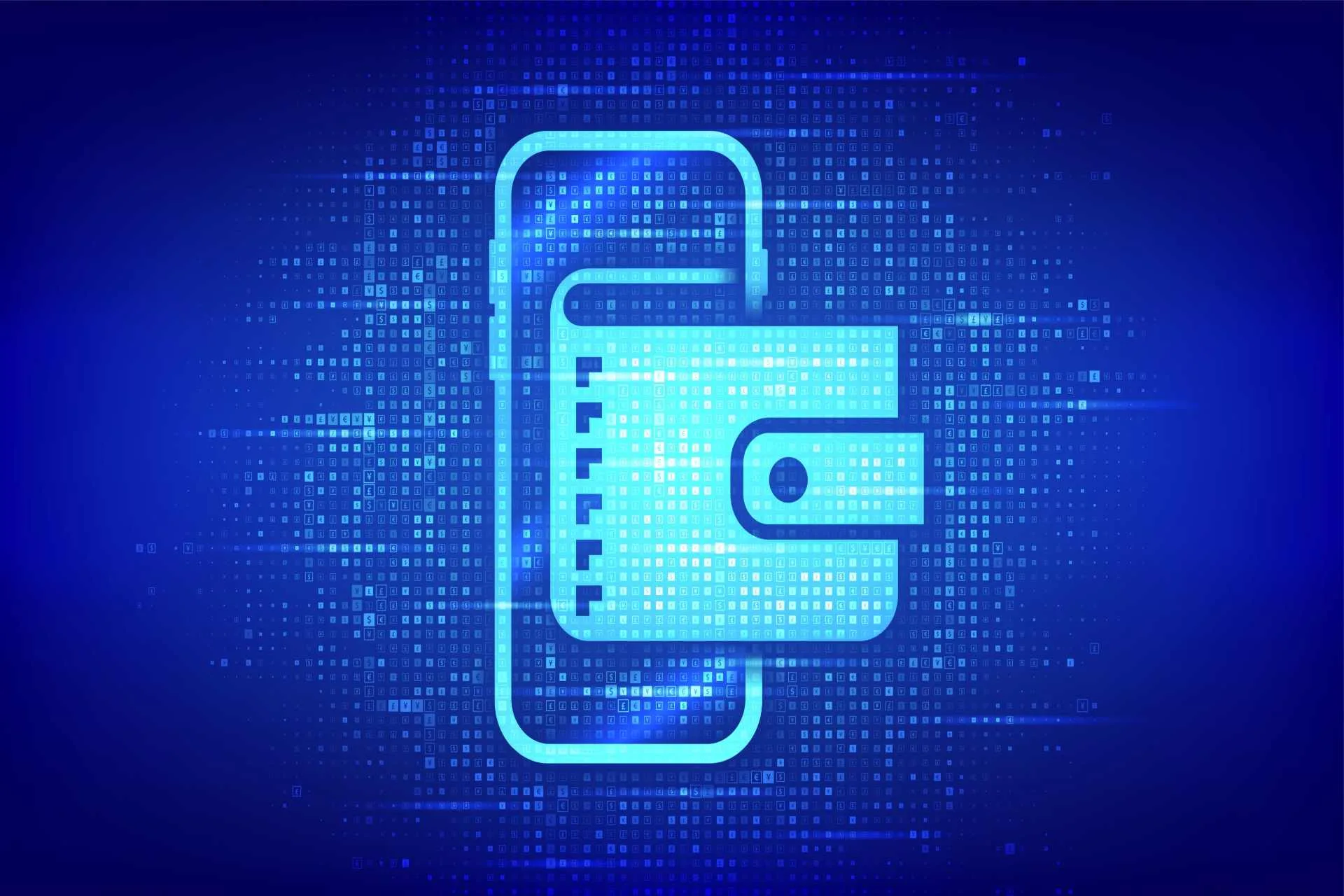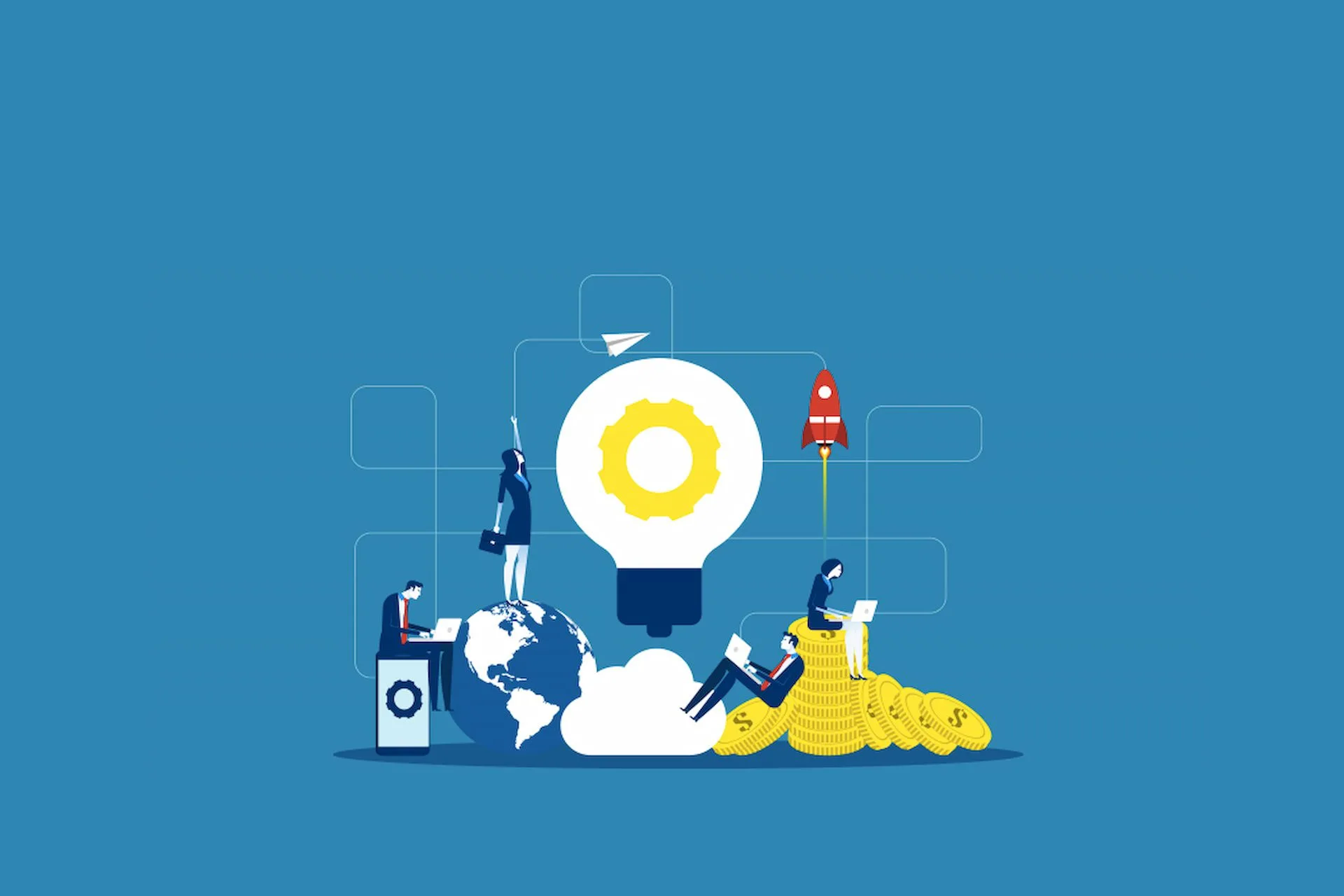What are AI tools?
Artificial Intelligence is one of the most relevant and disruptive technologies that are leaving a huge mark in this crucial technological transition era, better known and addressed as digital transformation.
What is AI exactly? Nowadays, when people talk about Artificial Intelligence usually make some confusion about its definition, thus most times it makes it difficult to actually focus correctly on this topic. To give an effective definition of AI, it’s simply about the development of computer systems that can carry out tasks that usually would require human intelligence skills and that would apply to many sectors and purposes.
Hence, accordingly with this definition of Artificial Intelligence, AI tools are applications developed on specific AI algorithms to perform given tasks, respond to user’s inputs and solve problems by guaranteeing high quality standards, output effectiveness, decisive support into processes (e.g. unfolding technical tasks or making data-driven decisions) and constant improvement due to machine learning: in short, profitability.
Why should people use AI tools?
People use AI tools for a variety of reasons related to the numerous benefits they give in terms of effectiveness and efficiency, especially while unfolding everyday activities at work when technical and complex tasks have to get done, above all in decision-making. Here are some compelling reasons why people should consider using AI tools to best drive digital transformation and improve their performances:
- Accessibility to make technology usable to people with disabilities by enabling voice commands, text-to-speech and other digital assistive features;
- Automation of repetitive tasks, saving time, reducing human effort and so allowing individuals and businesses to focus on more strategic and creative aspects of work;
- Creativity to generate new ideas or concepts for what concerns art, music and any other creative content, inspiring new forms of expression and entertainment;
- Cost Savings to cut down labor costs and streamline processes and to better allocate resources when it’s needed;
- Customer Service to provide quick and accurate responses to clients queries and improve customer support and onboarding;
- Data Analysis to process and analyze large volumes of data much faster and accurately than humans, helping to make data-driven decisions;
- Innovation to enable new products and services development across industries;
- Personalization to enable customized experiences based on user behavior and preferences, thus serving as recommendation systems for products or content;
- Predictive Analytics to foresee business trends and outcomes based on historical data, so to anticipate demand, optimize inventory and plan future actions to take;
- Research to help scientists process vast amounts of data from laboratory tests and previous studies, thus providing support to lead to new discoveries;
- Security to monitor IT systems and detect potential cyber risks, such as fraudulent activities in financial transactions or privacy breaches to personal or company data;
- Translation to cut down language barriers and foster global communication and collaboration, very helpful especially for remote international work environments.
Despite these key benefits, which may look extremely good at first sight, it’s still important to use AI tools responsibly and ethically. This means to take into account potential biases, privacy concerns and the possible negative impact on some categories of jobs. Thus, the decision to use AI tools should be taken accordingly with specific needs and goals, keeping in mind both the advantages and potential challenges. To learn more about AI and its ethic role in digitalisation, please check out this article.
10 most used and must-try AI tools
What are the most used and must-try AI tools out there? This question comes natural considering how much Artificial Intelligence is becoming popular, especially for what concerns generative AI, the most interesting aspect of this technology. To learn more about generative AI, check out this interesting Google’s blog post.
Here’s a selection of 10 most used and must-try AI tools playing a game-changing role in unfolding your daily activities, both for personal and business purposes:
- AI Tool No.1: ChatGPT, one of the most famous chatbots based on natural language processing to engage human-like conversations with users responding to questions or to detailed instructions through prompts; this amazing tool rapidly caught the attention of technology experts and enthusiasts for serving as an extraordinary companion for problem solving, brainstorming or even writing tasks;
- AI Tool No.2: MidJourney, an impressive application able to convert natural language prompts instructed by users into detailed and extremely fine pictures;
- AI Tool No.3: Fireflies, a disruptive application for web meetings which allows to take notes, summarize information, transcribe and translate speeches live-time;
- AI Tool No.4: Notion, a digital assistant which some users address to as a “second brain” which helps to brainstorm, take notes, write, edit and summarize ideas; in other words, it’s your partner helping you to think bigger and work faster;
- AI Tool No.5: SlidesAI, an application capable of generating professional and engaging slides in few steps starting from texts and/or prompts given by users;
- AI Tool No.6: QuillBot, a smart writing companion which helps to rephrase, translate and edit texts by checking and correcting grammar, detecting potential plagiarism and suggesting ways to make writing more clear and authentic;
- AI Tool No.7: Flick, a perfect smart application to run amazing social media marketing strategies helping to generate and store creative ideas for contents, based on trends and followers/users behavior, and providing all that it takes to turn simple concepts into real posts ready to go online;
- AI Tool No.8: Replit, an amazing coding application that make it easy and convenient to build softwares and IT codes, a perfect companion for developers;
- AI Tool No.9: Tome, an extremely interesting application helping users enhancing great storytelling by generating and shaping ideas based on basic texts and prompts; it works for everything which needs to be told, like business presentations, school projects or even your next novel’s plot;
- AI Tool No.10: Superhuman, a brilliant application that revolutionizes email business communication providing marketing teams with a solid companion to write (and edit) stunning email content accordingly with specific key details, like the tone of voice, the target audience, the text length and the communication’s purpose.
Did you ever use any of these AI tools? Don’t miss your chance to drive innovation and digital transition trends by leveraging on these new disruptive technological supports for your work! If you’re looking for more AI tools to try, check out Forbes’s suggestions and the best AI tools for marketing.








